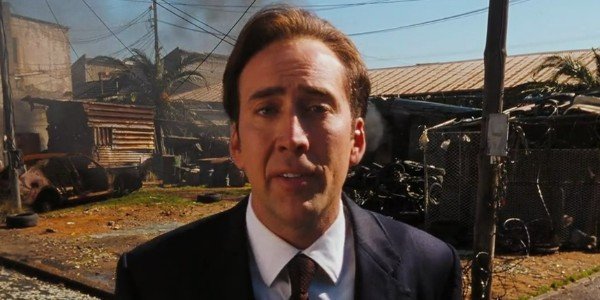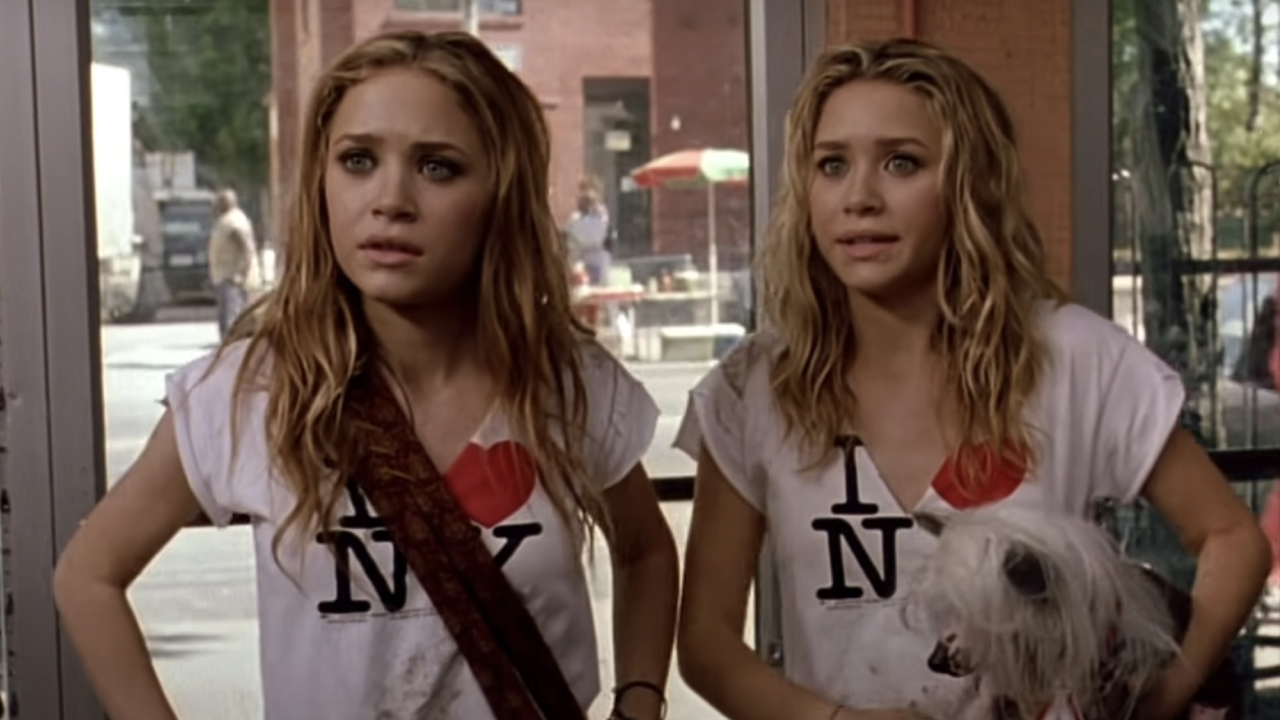Why 'Lord Of War' Starring Nicolas Cage Bought 3,000 Real Guns Instead Of Props

Your Daily Blend of Entertainment News
You are now subscribed
Your newsletter sign-up was successful
There are a lot of guns in the In the 2005 movie Lord of War. And we mean a lot of guns. The underrated crime drama is loosely based on real events and real-life arms dealers and smugglers, and it follows Yuri Orlov (Nicolas Cage), an illegal arms dealer who amalgamates a great deal of business — and quite a bit of trouble along the way — as he sells high-power rifles, machine guns and other weapons to war-driven countries from the '80s through the early '00s. If you are making a movie about a guy who sells a lot of guns, you're gonna need a whole lot of guns. It's basically a given.
Oftentimes, however, the guns you see in the movies are just props. Fakes. There are exceptions to be found throughout the movie business, obviously, but it's generally known that the guns you see in the movies may not always be the real deal. However, when it comes to Lord of War, those weapons were not the result of movie magic. Instead, writer-director Andrew Niccol went ahead and bought a whopping 3000 Kalashnikov automatic rifles.
But here's the kicker: the movie team didn't purchase these high power rifles simply to make the flick a bit more authentic or realistic. Instead, the filmmakers behind Lord of War discovered that it would ultimately be cheaper to buy real guns instead of fakes. Yes, really.
In an interview with The New York Daily News (via The New Zealand Herald), Andrew Niccol — who is also known as the screenwriter of The Truman Show and the director of In Time, Gattaca, The Host (2013) and, most recently, Netflix's Anon — explained how it was easier to acquire real guns and sell them back after filming. Also, Niccol realized that it wasn't quite as easy to make a profit off of weapons as his lead character made it seem.
In a way, my film is a how-to about becoming an arms dealer. During the making of it, I needed guns in the Czech Republic, and it was cheaper to use real guns than replicas. I bought 3000 Kalashnikovs and then sold them back at a loss. I wouldn't make a very good arms dealer.
Meanwhile, Andrew Niccol was apparently not entirely keen on selling the guns back into circulation. Yet, because the budget of his movie was fairly small, he wasn't able to destroy them. Or, at least, not all of them. As the writer-director explained, there were a few guns that he was able to dispose of.
In South Africa, we did cut some guns in half to stop them from getting into circulation. The fact that it was so easy to buy guns was disturbing. We also got some tanks, and the guy said, 'I need them back by December because I'm selling them to Libya.'
Furthermore, while the movie itself does showcase an array of guns and results in a fun and engaging film about crime and weaponry, Lord of War isn't necessarily a celebration of gun culture. Or, at least, it doesn't sound like Andrew Niccol is a fan of the illegal arms culture, which could be why he destroyed some of what the Lord of War team purchased for the film.
Also starring Ethan Hawke, Bridget Moynahan and Jared Leto, Lord of War was met with modest reviews by critics when it was released in 2005. However, in the time since its release, the crime drama has gone on to receive high praise from audiences — particularly with its 7.6 rating on IMDb. Though the movie isn't perfect, it is a thoughtful and compelling examination of the gun trade, particularly in the years before and after 9/11, and it is certainly worth a watch if you haven't had a chance to see it yet.
Your Daily Blend of Entertainment News
Additionally, if you do get a chance to check out Lord of War, you should definitely take note of the guns found on display throughout the film — though it would be hard not to, given the movie's subject matter. Because they are the real deal, folks. Those guns aren't make-believe. And that most certainly adds to the film's heightened realism.
Lord of War is currently available streaming on Netflix or you can pickup your own copy -- in 4K even -- on Amazon.
Will is an entertainment writer based in Pittsburgh, PA. His writing can also be found in The Playlist, Cut Print Film, We Got This Covered, The Young Folks, Slate and other outlets. He also co-hosts the weekly film/TV podcast Cinemaholics with Jon Negroni and he likes to think he's a professional Garfield enthusiast.

